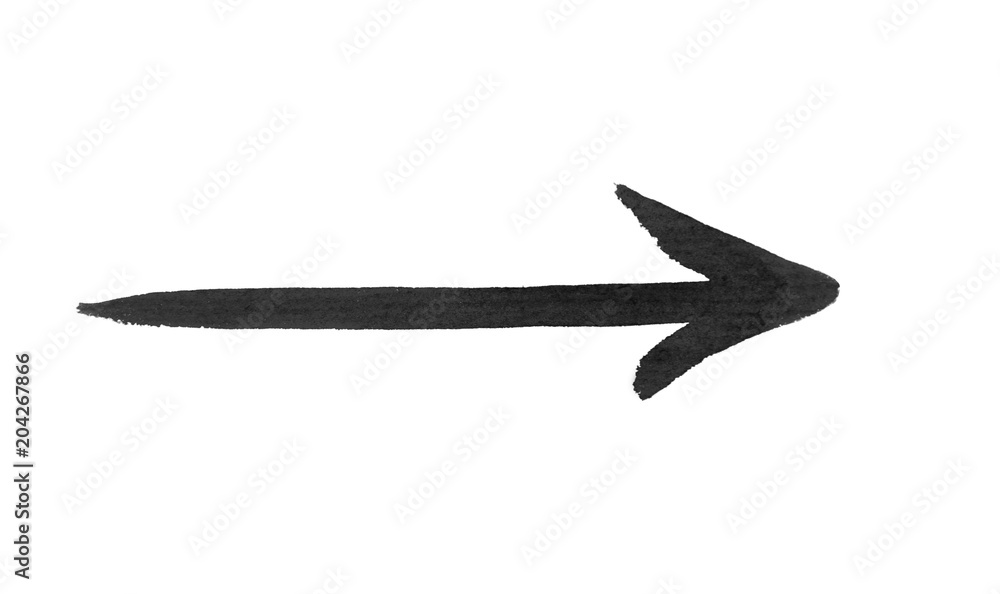Select the correct word(s) to complete the below sentence.
A cladogram / phylogenetic tree is a diagram illustrating a hypothetical evolutionary relationship among organisms.
What is a cladogram?
True or False:
Forming a hypothesis is the first step of the scientific method.
False
Making an observation is the first step.
Below is the chemical reaction for the process of _______________.
C6H12O6 + 6 O2  6 CO2 + 6 H2O + Energy (ATP)
6 CO2 + 6 H2O + Energy (ATP)
What is cellular respiration?
This is the living and nonliving surroundings of an organism.
What is environment?
This is the tendency of an object to resist a change in its motion.
What is inertia?
In the below cladogram, A and B, as well as D and E, are considered _________ _______ (two words).

What are sister taxa?
The group in an experiment that receives the addition of the variable being tested is the _________ group.
What is experimental?
True or False.
Producers perform the processes of photosynthesis and cellular respiration.
True
All food chains begin with _________ and end with ________________.
What is the sun and decomposers?
This law states for every action force there is an opposite and equal reaction force.
What is Newton's Third Law of Motion/Law of Action Reaction?
In the below cladogram, which animal is most closely related to the kangaroo?

What are dogs?
True or False:
A hypothesis is a possible explanation for an observation that can be proven.
False
A hypothesis needs to be testable, but it can not be proven, only disproved.
These two structures are found in plant cells, but not animal cells.
What are chloroplasts and cell wall?
True or False:
Producers make their own food and provide food for all the other organisms in an ecosystem.
True
A jet is travelling at a speed of 480 mph over the city of Black River Falls. What is the jet's velocity?
Undetermined.
Velocity is defined as the speed at which something moves in a particular direction. No direction was provided.
In the below cladogram, the different colored boxes represent ________.

What are clades?
Identify the independent variable in the below question.
Does the brightness of a light have any effect on a moth being attracted to it?
What is the brightness of the light?
This is the broadest group in the classification system developed by Carl Linnaeus.
What is domain?
Parasitism, mutualism, and commensalism are all types of this.
What are symbiotic relationships?
This is the equation (with the units) used to solve second law problems.
What is Force (Newtons) = Mass (kg) x Acceleration (m/sec^2)?
Original shared traits are called ____________ traits, while traits found in newly evolved organisms are _________ traits.
What are plesiomorphic (ancestral) and apomorphic (derived)?
This is a well-tested description of how something works in nature. It predicts results.
What is a law?
A plant with the genotype Tt is crossed with a plant that is homozygous recessive for this same trait. What is the probability of producing offspring with a heterozygous genotype for this trait?
What is 50%?
Water, gases, and minerals are all examples of (living / nonliving) components of an ecosystem, also called _______ factors.
What are nonliving, abiotic?
This is the acceleration of an object with a mass of 35 kg when a force of 200 Newtons is applied to the object.
What is 5.7 m/sec^2?